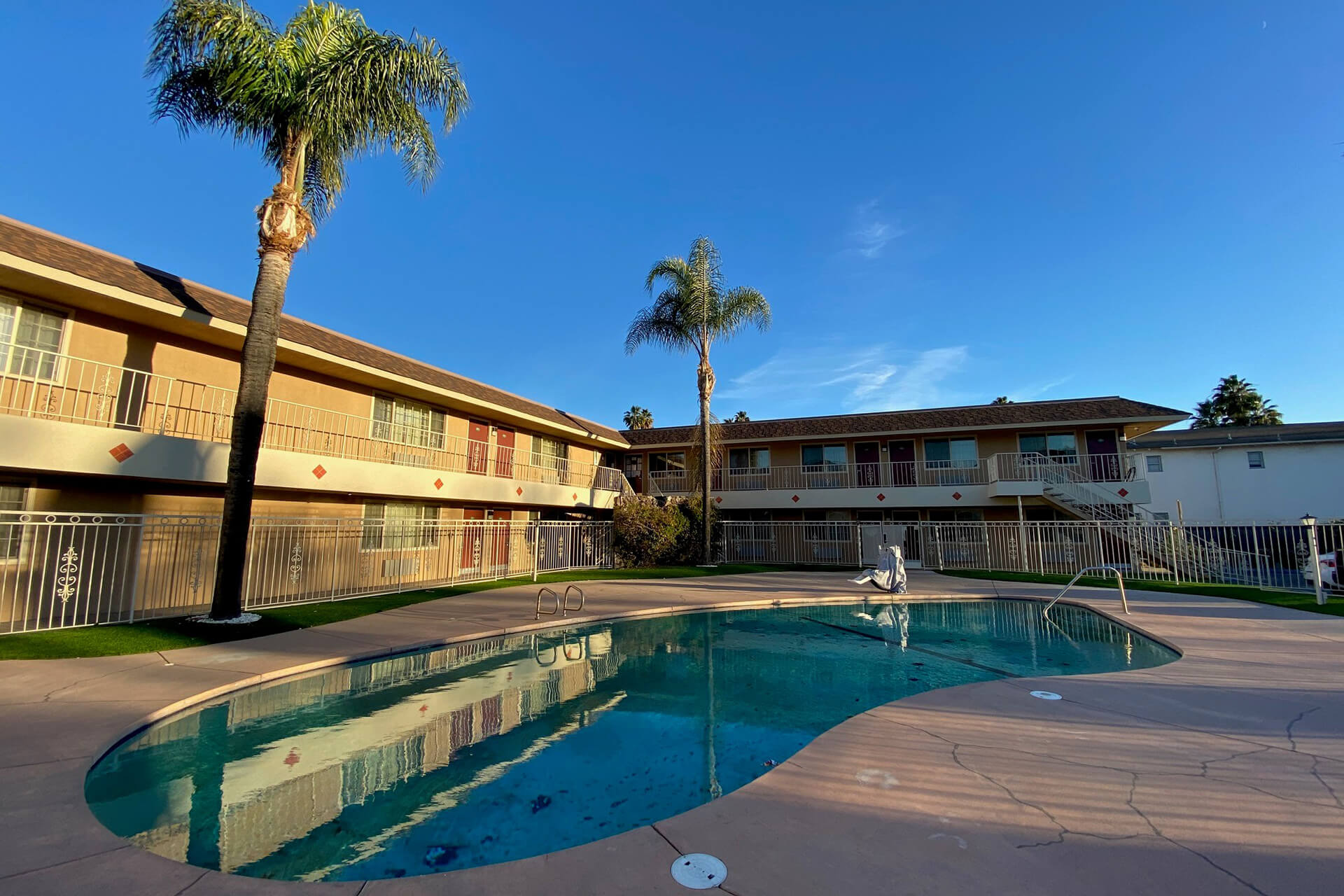When the COVID-19 virus began spreading last spring, the estimated 151,000 people living in cars, tents, and on the streets of California faced another dire risk to their health. Because many people experiencing homelessness are older adults and many have underlying chronic conditions, they are at increased risk for severe illness if infected.
Sixty-three-year-old Patricia Maes was living outside at the time, sleeping near a San Jose park, and undergoing treatment for breast cancer. She was terrified she would catch COVID-19 and die.
Recognizing the urgency of limiting the spread of the virus, Kaiser Permanente awarded a $25 million dollar grant to the national affordable housing nonprofit Enterprise Community Partners to work in partnership with the State of California to support the state’s Homekey program.
Homekey was created to help people like Maes. It provided funding to cities and counties to buy and rehab hotels, motels, and vacant apartment buildings to convert them into interim or permanent long-term housing for people experiencing homelessness.

The funding supports operating subsidies, wraparound services, and technical assistance for 22 Homekey properties and up to 1,000 new permanent housing units across the state, from San Bernardino to Sacramento. Among those properties is a former San Jose motel that Maes now calls home.
“They give us meals here, and I’m eating better and starting to gain back some of the weight I lost from chemo,” Maes said. “I can lock the door, know that I’m safe, and I don’t have to sleep with one eye open.”
Across the nation, people of color are disproportionately affected by homelessness and housing insecurity, a situation made worse by the pandemic. Our focus on addressing homelessness and affordable housing aims to both improve health and advance equity in the communities we serve.